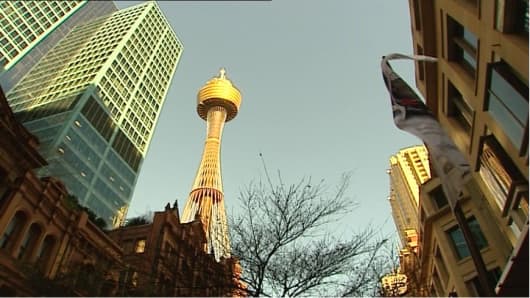Asian markets closed mixed, with the weaker U.S. dollar pushing Japan into the red but with Hong Kong and China firmly in the green. Australia finished nearly 1 percent up.
The dollar fell to new lows after a senior Chinese political figure said China should balance its foreign exchange reserves so that strong currencies such as the euro offset weakening currencies such as the dollar.
U.S. crude hit a life high of $98 a barrel in Asian trade, adding to a $3 rally overnight after the U.S. government predicted that robust demand and extra OPEC production may fail to stem the slide in inventories.
Betting that these record high oil prices will lift profits for energy firms, investors snapped up oil and gas producer Woodside Petroleum, Chinese oil developers Sinopec and CNOOC and South Korea's SK Energy driving these stocks higher.
The Nikkei 225 Average hit a 7-week closing low for the third straight day after morning gains were undermined by a surging yen, prompting selling of exporters such as Canon that then led to wider sales. Shares in auto companies also slid, though they had helped buoy the market earlier, ahead of Toyota Motor's earnings announcement just after the close.


